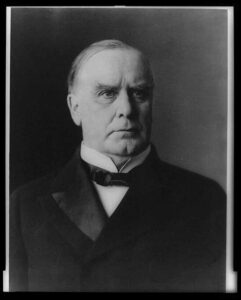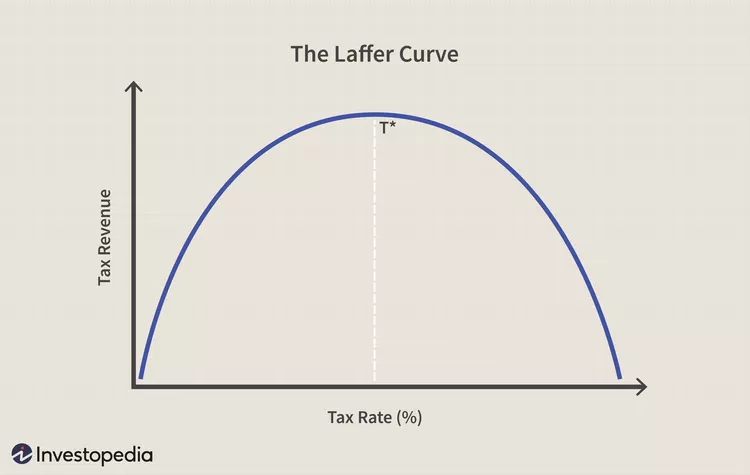
Reading Time: 4 minutes
Every year on July 1st, financial media and baseball fans alike celebrate a quirky tradition known as “Bobby Bonilla Day.” On this date, retired MLB player Bobby Bonilla receives a check for $1.19 million from the New York Mets—a payment he’s been receiving annually since 2011 and will continue to receive until 2035. That’s a total of nearly $30 million in deferred payments, all for a contract buyout that originally totaled just $5.9 million.
To some, this sounds absurd. To others, it’s the ultimate punchline. But at Intelligent Investing, we believe this unique arrangement offers a much deeper takeaway—a masterclass in long-term financial thinking, both in what was done right and what went wrong.
Let’s unpack this story and explore how it ties into a wiser, more thoughtful approach to wealth—one that we believe can benefit both current clients and prospective investors seeking clarity and confidence in their financial lives.
How Bobby Bonilla Pulled Off the Best Deal in Baseball
In the year 2000, Bobby Bonilla was nearing the end of his MLB career. The Mets still owed him $5.9 million, but they wanted him off the roster. Instead of paying him the lump sum right away, Bonilla’s agent, Dennis Gilbert, proposed a deferred compensation plan. The Mets would begin paying Bonilla in 2011—11 years later—and continue those annual payments for 25 years, with an agreed-upon interest rate of 8%.
Why would the Mets agree to this?
At the time, Mets ownership, led by Fred Wilpon, was heavily invested with Bernie Madoff, whose fund seemed to be generating safe, steady returns of 10–12% annually. From their perspective, it was a no-brainer: defer Bonilla’s $5.9 million, invest it with Madoff, earn a higher return in the meantime, and still come out ahead.
Unfortunately, that “steady return” turned out to be a house of cards. Madoff’s Ponzi scheme collapsed in 2008, erasing billions in phantom profits—including the Mets’ illusory gains. Meanwhile, Bonilla was set to collect a comfortable, guaranteed income stream through age 72, all thanks to the power of deferred payments and compound interest.
So, while the Mets became the butt of an annual financial joke, Bobby Bonilla quietly became one of baseball’s most unexpected winners.
A Lesson in Patience and Long-Term Vision
At first glance, Bobby Bonilla Day might seem like a quirky anomaly. But beneath the surface, it holds powerful lessons that resonate far beyond baseball or headlines:
- Deferred gratification can create significant long-term value.
- Assumptions based on unverified or unrealistic expectations can backfire.
- A steady income stream—aligned with your needs and life goals—can reduce stress and provide peace of mind.
- Patience, paired with prudent planning, can be a powerful force.
This story illustrates something we discuss often with clients: There is no shortcut to building lasting wealth. The best financial strategies often look “boring” in the short term—but they are built on discipline, consistency, and a willingness to focus on the long game.
The Behavior Gap: Why Investors Need Accountability
One of the most common obstacles to financial success isn’t the market—it’s our own behavior.
There’s a concept in behavioral finance known as the “behavior gap.” It’s the difference between the average return of an investment and the actual return investors receive. Why does this gap exist? Because investors often react emotionally: buying high, selling low, chasing trends, or clinging to losing investments out of pride or fear.
That’s why at Intelligent Investing, we don’t just manage money—we provide behavioral coaching and accountability. We understand that markets fluctuate, but your values, goals, and long-term plans should not.
We help our clients navigate the uncertainty of life and markets with a steady hand—reminding them that it’s often not about doing more, but doing less with greater intention.
Bobby Bonilla vs. the Mets: A Tale of Two Strategies
Bonilla’s deal wasn’t just good—it was built on guaranteed, contractual cash flows backed by a major league team. The Mets’ side, however, was based on wishful thinking: trusting an investment strategy they didn’t fully understand, chasing performance without accounting for risk, and assuming the future would look like the past.
Unfortunately, too many investors fall into similar traps:
- Relying on unproven strategies.
- Making impulsive decisions based on emotion.
- Failing to account for downside scenarios.
- Overestimating how long they’ll live or how much they’ll need.
At Intelligent Investing, we believe your plan should be based on reality, not rosy assumptions. That’s why we use a combination of traditional finance, behavioral insights, and values-based planning to ensure your portfolio reflects who you are and where you want to go.
Our Core Values: Why We Do What We Do
We’re not a brokerage firm selling products or chasing commissions. We’re an independent, fee-only fiduciary firm based in Greenville, SC—committed to putting our clients’ best interests first.
Our core values—Compassion, Legacy, Integrity, Excellence, Nimbleness, and Truth—spell out CLIENT for a reason. It’s our daily reminder of why we exist: to reduce financial stress so you can focus on what truly matters.
Whether you’re approaching retirement, running a business, or simply seeking a clearer path for your family’s financial future, we’re here to help you make decisions that serve your long-term vision—not short-term noise.
So, What Can You Learn from Bobby Bonilla Day?
True financial wisdom isn’t about timing markets or betting big on the next big thing. It’s about thoughtful planning, disciplined execution, and having a guide who helps you stay on course—especially when the world tries to throw you off track.
Bobby Bonilla Day might make headlines for its novelty, but underneath it lies a powerful message: With the right strategy, time can be your greatest ally.
If you’re looking for a financial advisor who takes the time to truly understand your story, your values, and your goals—we’d love to have a conversation.
Let’s build a plan that’s not just smart, but meaningful.
Click here to schedule a coffee or complimentary call to discuss how we can help you minimize financial stress and maximize your life.
Get Started Today!







